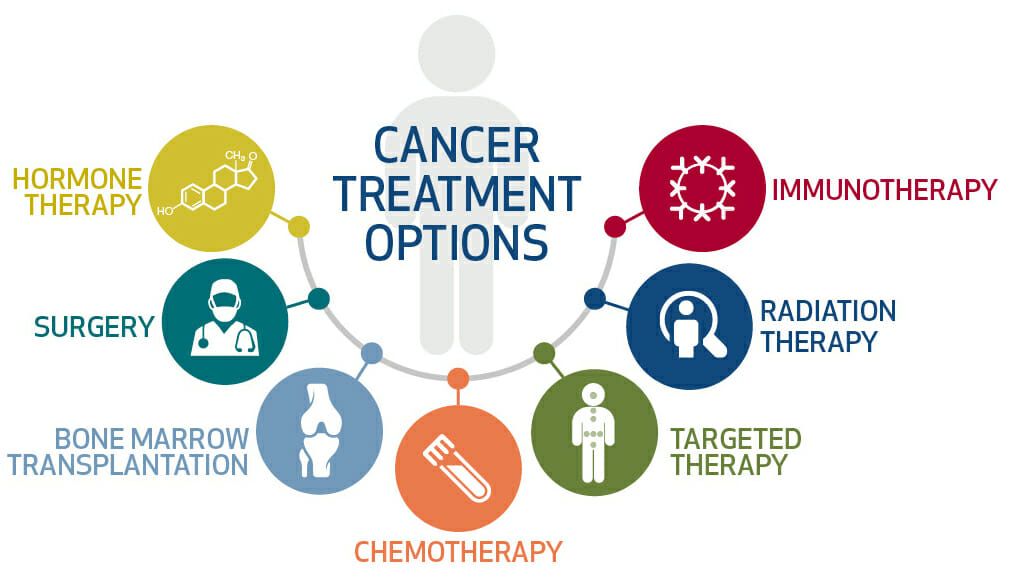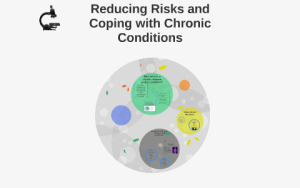
Exploring New Treatment Options and Therapies
In recent years, there has been a growing interest in exploring new treatment options and therapies for various health conditions. As technology advances and more research is conducted, scientists and medical professionals are discovering innovative ways to improve the well-being of patients.
The Role of Technology
Technology plays a significant role in the exploration of new treatment options and therapies. From advanced imaging techniques to wearable devices, technology allows researchers to gain a deeper understanding of the human body and its complexities. This understanding serves as a foundation for developing targeted treatments and therapies.
One example of technology’s impact is the use of virtual reality (VR) in pain management. VR has been found to be highly effective in distracting patients from the sensation of pain, thereby reducing the need for traditional pain medications. This breakthrough has the potential to revolutionize the field of pain management and provide patients with safer alternatives.
Personalized Medicine
Another exciting development in the exploration of new treatment options is the concept of personalized medicine. This approach focuses on tailoring treatments to individual patients based on their specific genetic makeup, lifestyle, and other factors.
Advancements in genetic testing have made it possible to identify genetic variants that may influence how an individual responds to certain medications. By understanding these genetic variations, doctors can prescribe medications that are more likely to be effective and reduce the risk of adverse reactions.
The Rise of Alternative Therapies
While traditional medicine has its place, many patients are seeking alternative therapies to complement or replace conventional treatments. Alternative therapies encompass a wide range of practices, such as acupuncture, herbal medicine, and meditation.
Research is ongoing to explore the effectiveness of these alternative therapies in treating various conditions. For example, acupuncture has been found to be helpful in managing chronic pain, while meditation and mindfulness practices have shown promise in reducing stress and improving mental well-being. These therapies offer patients additional options for managing their health and improving their quality of life.
Collaboration and Integration
As the exploration of new treatment options and therapies progresses, collaboration and integration among different disciplines become crucial. The fields of medicine, technology, psychology, and biology must work together to develop comprehensive and effective approaches.
Medical professionals are increasingly working in interdisciplinary teams to exchange knowledge and expertise. This collaboration allows for a more holistic understanding of health conditions and the development of treatment plans that consider all aspects of a patient’s well-being.
Facing Challenges and Ethical Considerations
Exploring new treatment options and therapies comes with its fair share of challenges and ethical considerations. The safety and efficacy of new treatments must be thoroughly evaluated through rigorous research and clinical trials. Patients’ privacy and informed consent need to be respected, and any potential conflicts of interest must be disclosed.
It is also essential to consider the accessibility and affordability of new treatments. While advancements in technology and medicine hold great promise, ensuring that these treatments reach all individuals who could benefit from them is a critical consideration.
The Future of Treatment Options and Therapies
As technology continues to advance and research progresses, the future looks promising for the exploration of new treatment options and therapies. The integration of personalized medicine, alternative therapies, and technological advancements has the potential to revolutionize healthcare, providing patients with more tailored and effective treatments.
However, it is essential to approach these advancements with caution and ethical considerations, ensuring that the well-being and autonomy of patients remain at the forefront. Through collaboration, research, and ethical practices, the exploration of new treatment options and therapies has the power to transform lives and enhance the field of healthcare.

